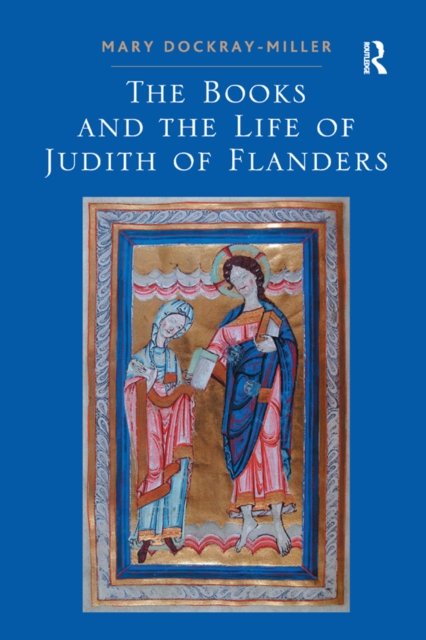
The alphabet soon seemed as inevitable as that other human abstraction bequeathed to us by antiquity: money. Sharing no mother tongue and communicating in a creole of their many languages, they found it easier to memorise 20 or 30 symbols and rearrange them into new words. The alphabet was invented only once – over 3,000 years ago, in Egypt’s Western desert, along a road used by traders and soldiers from across the Middle East. Writing has been invented independently at least three times in different parts of the world. One of the many fascinations of Judith Flanders’s book is that it reveals what a weird, unlikely creation the alphabet is. Languages that rely on ideograms or syllabaries have had to adjust to the alphabet’s global dominance. Or at least it felt that way until the 1988 Seoul Olympics, when the hosts pointed out that this did not work for non-alphabetic languages like theirs.

This makes it the ideal sorting tool for listing the dead on a war memorial, or working out the sequence in which national teams walk out in the Olympics opening ceremony.

The alphabet feels intrinsic, neutral, meaningless. Imagine looking up a word in a dictionary, or using an index, or finding coriander between cinnamon and cumin in the herbs and spices section of the supermarket, without it.


 0 kommentar(er)
0 kommentar(er)
